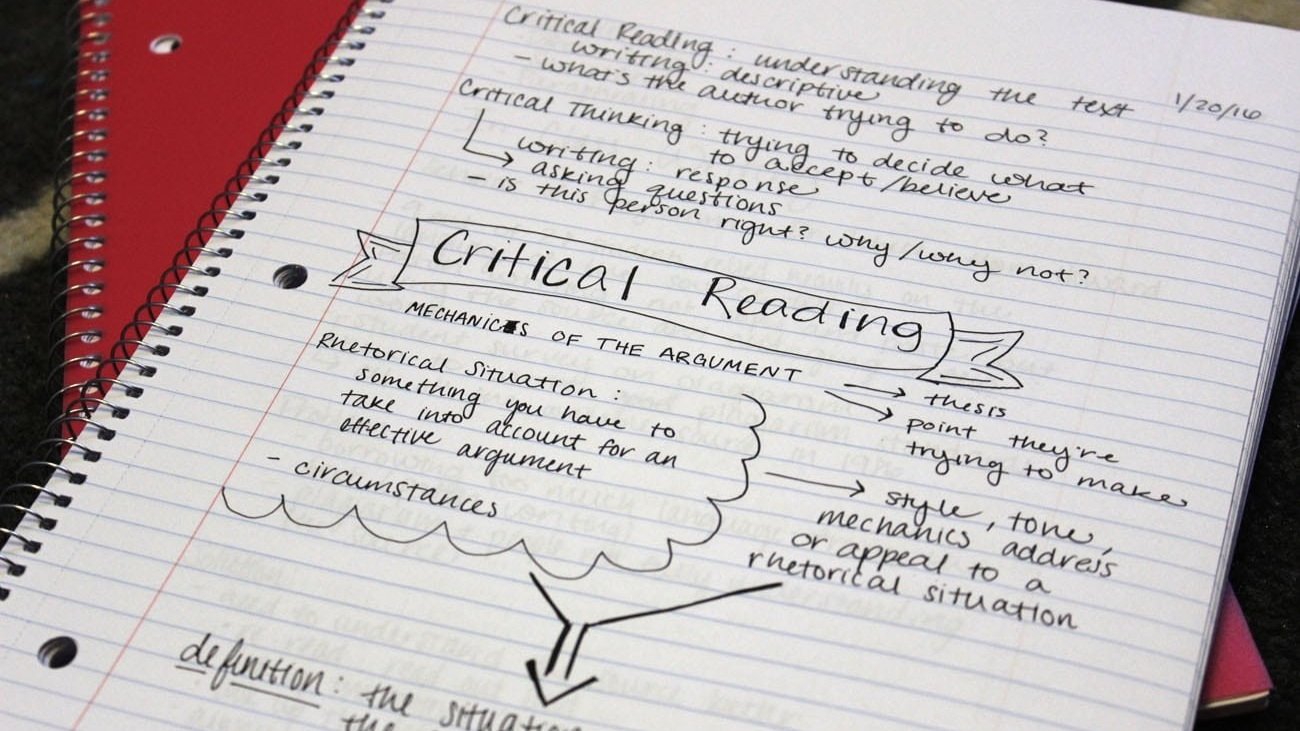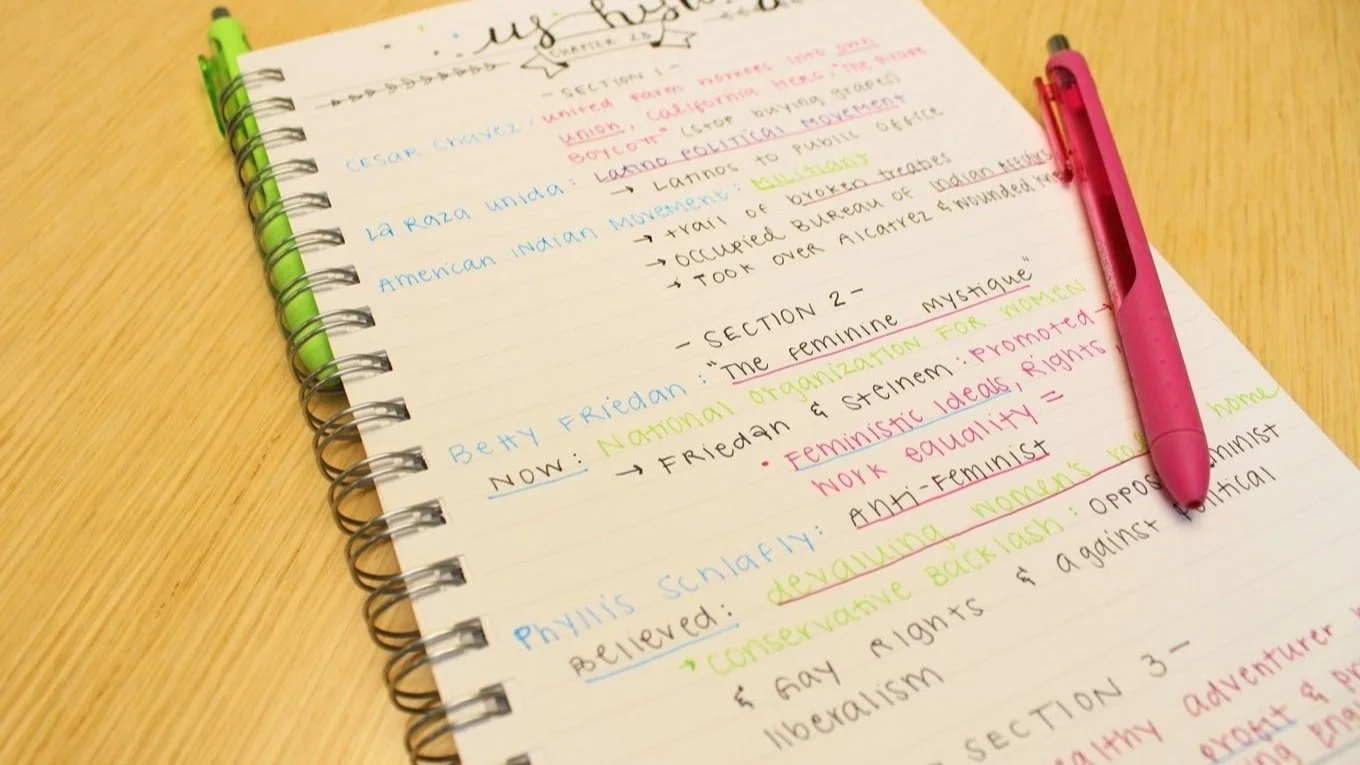Tips for Effective Note-Taking in English Class
Hey there, fellow students!
Are you ready to supercharge your language skills and excel in your English class? Taking effective notes in your English class can make a world of difference in your learning journey. Not only will it help you remember crucial details, but it will also enhance your understanding of the language and improve your overall proficiency.
So, let's dive into some valuable tips for taking stellar notes that will skyrocket your English skills!
1. Stay organized:
Before you even step into the classroom, make sure you have a designated notebook or folder for your English class. Keeping your notes organized will save you a lot of time and hassle when it comes to reviewing them later. Consider using different sections or color-coding for grammar, vocabulary, literature, and any other relevant topics. This way, you can quickly find the information you need when studying for tests or writing assignments.
2. Capture key points:
Photo Via Papermate.com
During the class, focus on capturing the main ideas and key points discussed by your teacher. English classes often involve discussions on literature, grammar rules, and writing techniques. Jot down the main concepts, essential examples, and any insightful explanations provided by your instructor. These will serve as the foundation of your understanding and can be revisited later for reinforcement.
3. Active listening and engagement:
Photo via study.com
Engage actively in class discussions and listen attentively to your teacher and peers. Note-taking isn't just about writing down everything you hear; it's about synthesizing and summarizing information. Try to identify the key takeaways from the discussions and write them in your own words. This process helps reinforce your understanding and retention of the material.
4. Highlight vocabulary and language structures:
English classes are an excellent opportunity to expand your vocabulary and improve your grasp of language structures. As you come across new words, idioms, or grammar rules, be sure to highlight them in your notes. Additionally, jot down example sentences or usage contexts to provide you with a reference point when you're practicing or writing essays.
5. Use abbreviations and symbols:
Photo via SketchNoteArmy.com
English classes can sometimes involve fast-paced discussions or lectures. To keep up with the flow of information, develop a system of abbreviations and symbols that work for you. For example, you can use arrows to indicate cause and effect relationships, asterisks to mark important points, or abbreviations for commonly used terms. This technique will help you write efficiently and save time during the note-taking process.
6. Review and revise regularly:
Photo via Ron Lach
Taking notes is only half the battle; reviewing them regularly is the key to reinforcing your learning. Set aside dedicated study time to review and revise your English notes. As you go through them, add any additional information that may have come up during subsequent classes. This active revision process will help cement your knowledge and ensure that you retain what you've learned.
7. Embrace technology:
Photo via Lex Photography
Don't hesitate to leverage technology to enhance your note-taking experience. Consider using note-taking apps or software that allow you to type, organize, and search your notes effortlessly. These tools often offer features such as audio recording, syncing across devices, and easy sharing options, which can come in handy for collaborative projects or when you miss a class.
Remember, effective note-taking is an art that requires practice and refinement. Experiment with different techniques, styles, and formats until you find a method that works best for you.
By implementing these tips, you'll not only excel in your English class but also develop stronger language skills that will benefit you in various aspects of your academic and professional life. So, grab your pen and paper (or digital device) and get ready to conquer the world of English with your awesome note-taking skills!








